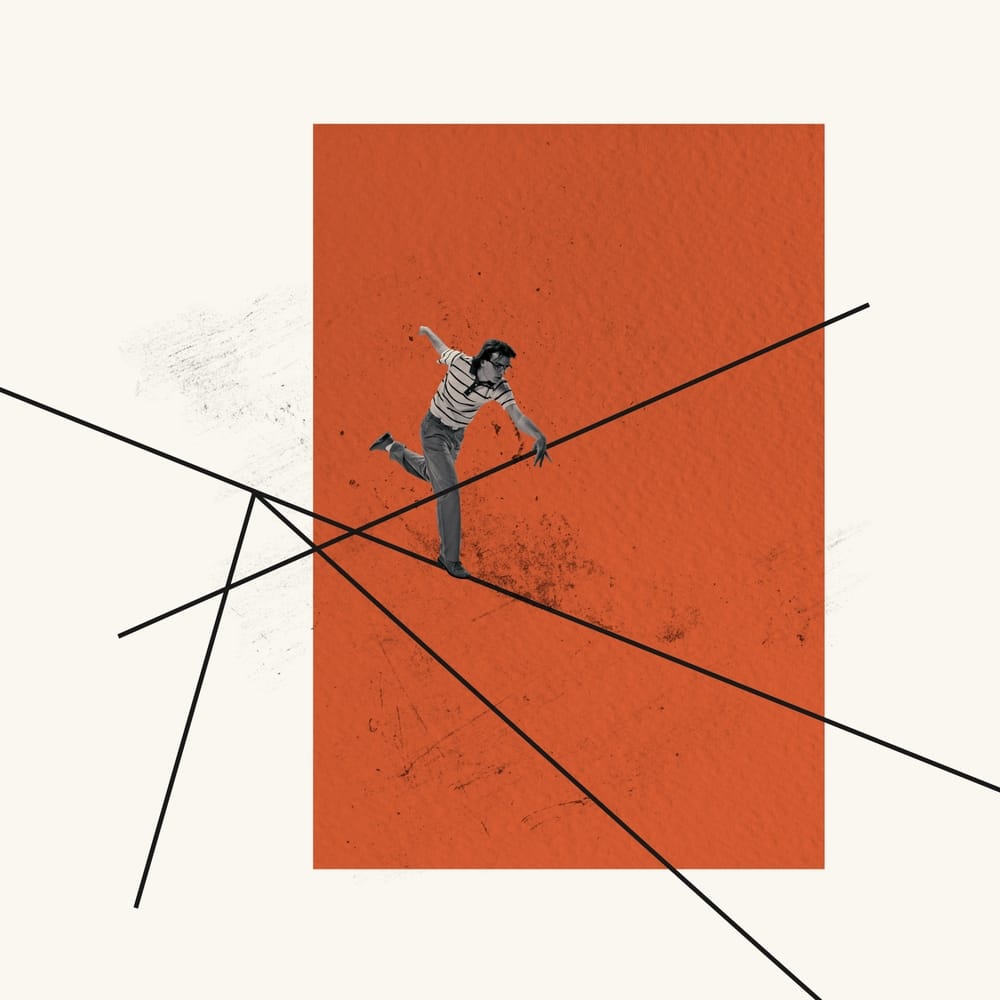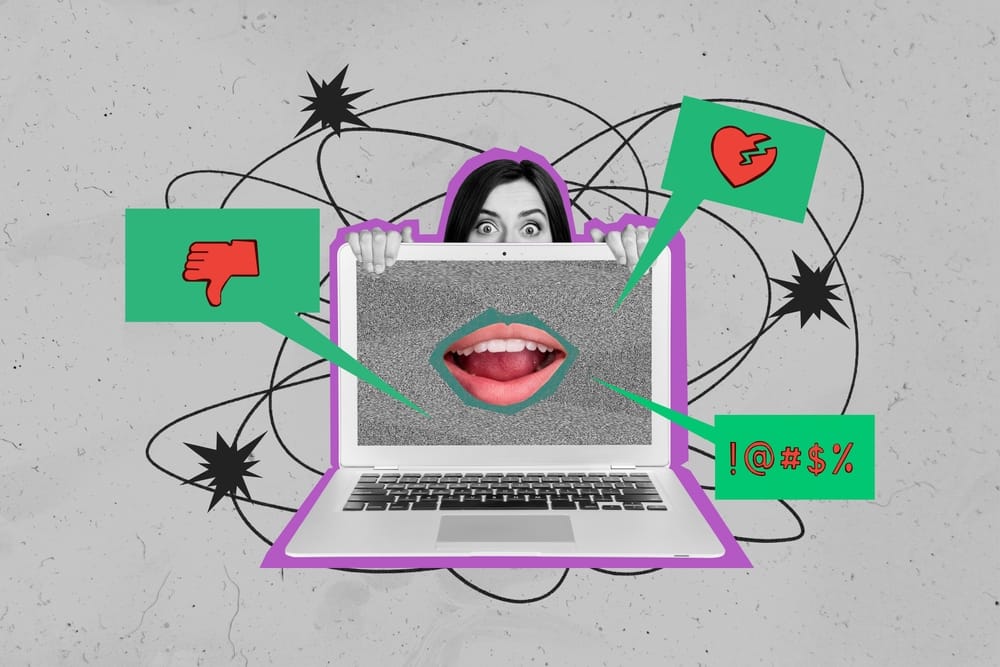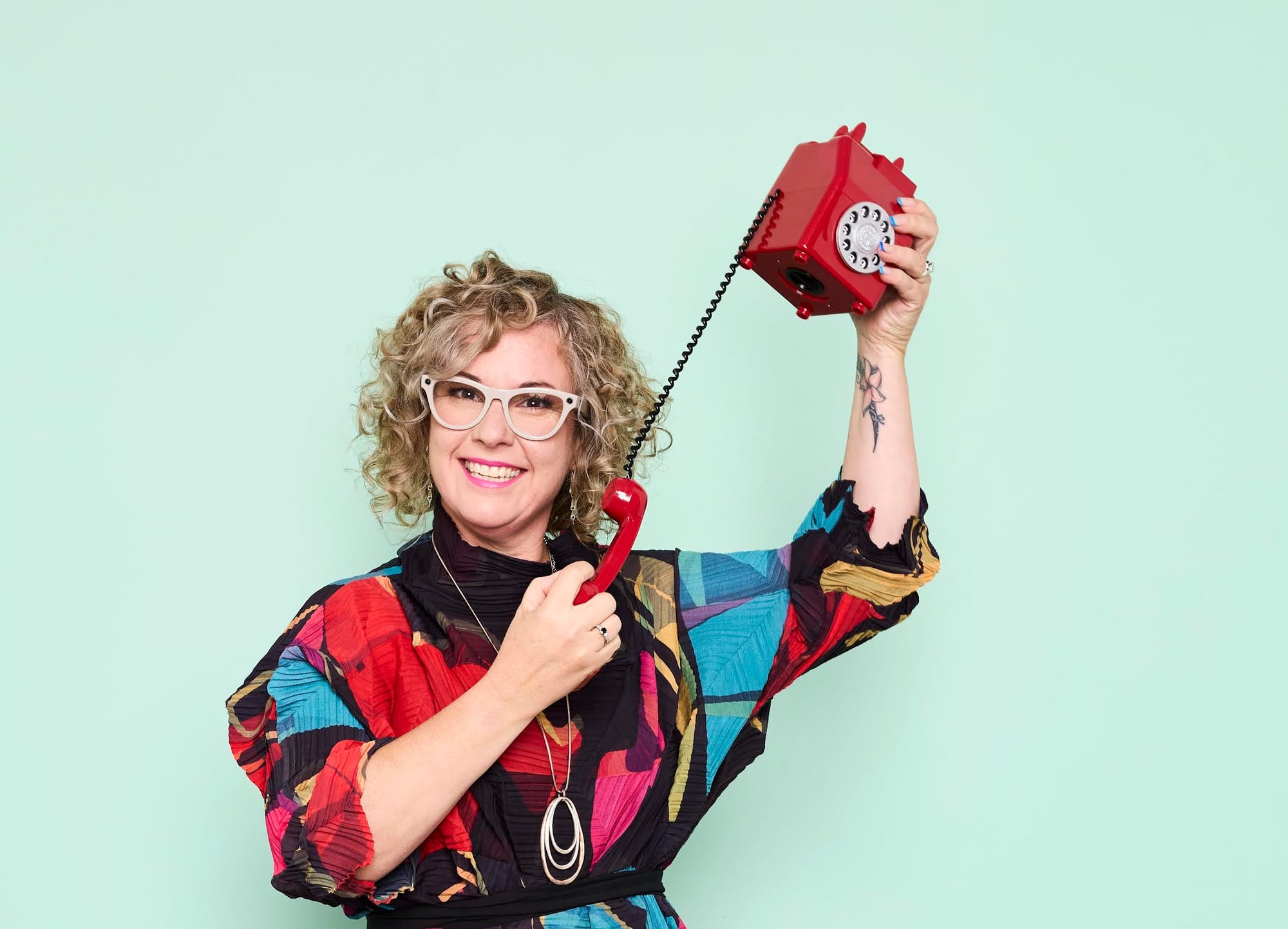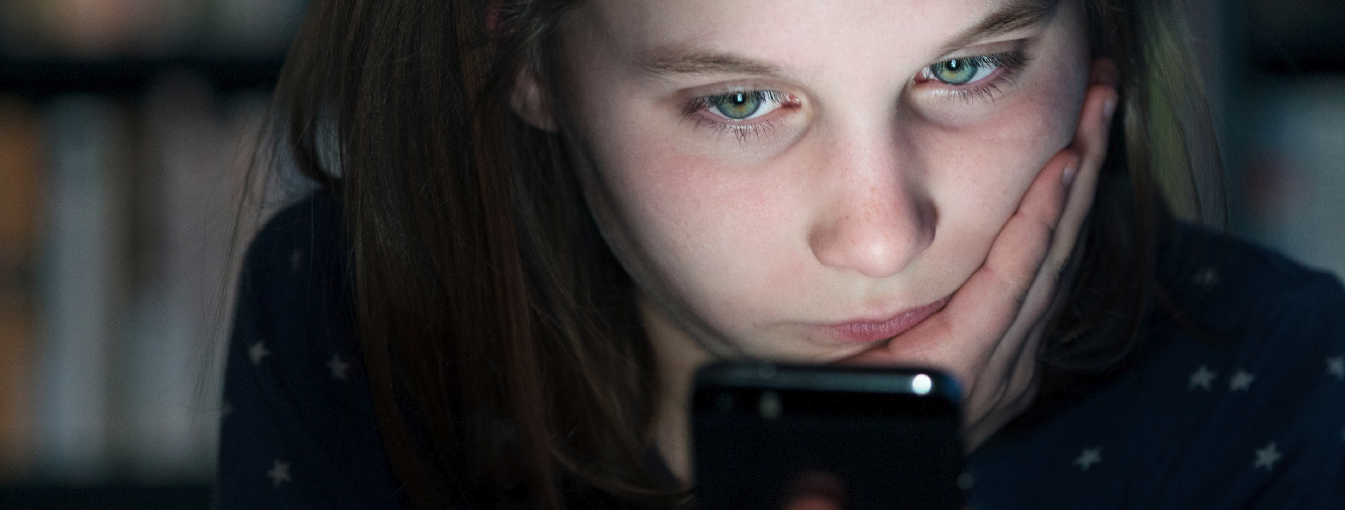
Why We Need a Smartphone-Free Childhood
I’m a former high school technology teacher and a mum of two girls. I co-founded Smartphone Free Childhood New Zealand in 2024 because, like many parents, I felt I was watching a generation being rewired before my eyes—and no one seemed to know what to do about it.
Kaupapa
Smartphone Free Childhood is a parent-led movement that started in the UK in early 2024, when two parents wanted to support each other in holding off giving their kids smartphones. It’s now become a global movement, spread across more than 60 countries. We’re super proud to represent the kaupapa here in Aotearoa, and have recently become a charitable trust, a fantastic step forward.
At our core, we believe that childhood is too short and too precious to be spent on a smartphone. The average age that tamariki get their own smartphone in Aotearoa is 11, when children start intermediate school and are becoming more independent. We think that’s far too young. Research shows six areas of real harm to children from personal smartphones and personal device use.
1. Mental and emotional health
2. Social development
3. Sexual content and behaviour
4. Physical health
5. Cognitive - Focus and brain change
6. Opportunity cost.
More than just content
Often, the discussion about youth and smartphones gets reduced to "just" being about inappropriate content. But it’s so much more than that. We’re interested in •
• How smartphones affect children’s relationships with family and peers, their of self, and their education.
• How hours of screen time impact their physical health—short-term vision, posture, even obesity rates.
I came to this work out of sheer urgency. New Zealand's youth mental health statistics are among the worst in the developed world. We’re global leaders in all the wrong categories:
Since 2010—the year Instagram launched and front-facing cameras became standard— global rates of depression and anxiety have soared.
- Among teenage girls globally, major depression rose by 145% after 2010.
- For boys, the increase was even higher—161%.
- In New Zealand, anxiety rates among girls aged 15 to 24 have jumped 259% since 2011.
- For boys, it’s 131%. But the most harrowing figure?
- The self-harm rate among 10- to 14-year-old girls is up 243%.
Hooked into addiction
Those numbers aren’t abstract and these changes don’t happen in a vacuum. Experts, parents and young people tell us that smartphones are hooking children into an online world that’s addictive, distracting and ruled by algorithms that value money not mental health. Algorithms are designed to ‘keep eyeballs on screens’ and make profit from our children’s time and attention - that’s the business model. A smartphone isn’t just a phone.
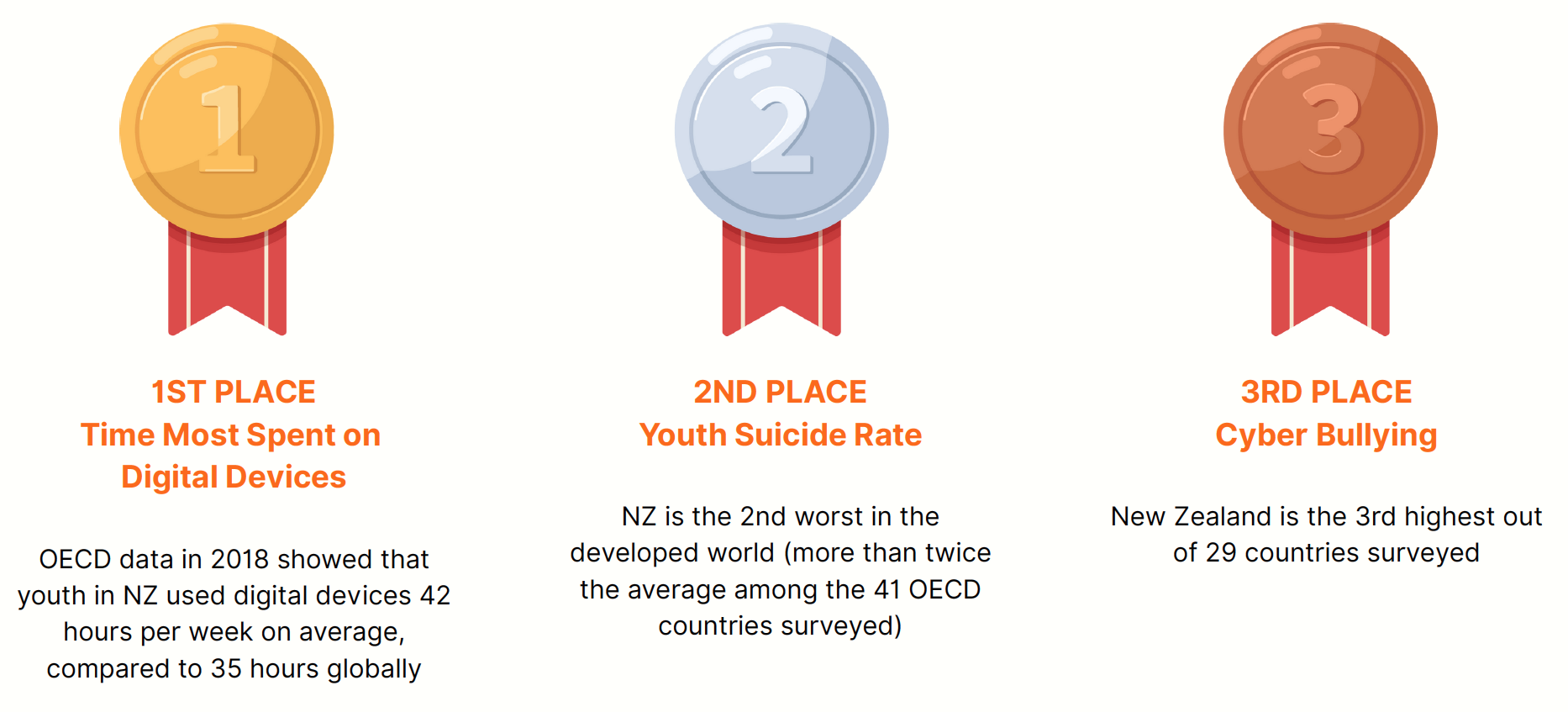
It’s a ‘supercomputer in a pocket’ with 24/7 access to a world that kids aren’t developmentally ready for. We don’t allow alcohol, driving, or even voting before 16. Why? Because we recognise that the prefrontal cortex—the part of the brain responsible for judgement, impulse control, and reasoning—is still developing. Yet somehow it’s become normal to hand our children a device that exposes them to significant harm - social media, pornography, violent content and addiction. While a ‘tech-fix’ approach (filters etc) can help, parental controls are notoriously easy to bypass by our digital natives. And most importantly, young people themselves have said they want to stop but don’t know how. Or they wish they’d never been given a smartphone or got on to social media in the first place.
School cell phone bans go only so far. What happens outside of school hours? We want to shift the conversation and ask why children get smartphones in the first place?
Community team
A collective problem, needs a collective solution
Where do we start? This isn’t just a matter of personal choice or parenting style. It’s a collective problem that needs a collective solution.
School Ambassador programme
Through our education work, we bring the conversation into school communities—through expert school speakers, and through our 70+ ambassadors nationwide who help rally their local communities. Regular parents from all walks of life, our ambassadors are committed to seeing change in this space, and they are doing a phenomenal job!
We are growing our ambassador numbers everyday and are always happy to hear from anyone who would like to be one!
Parent Pact
We have just launched our new national Parent Pact - an exciting tool which empowers parents to take collective action. Parents sign up to delay giving their child a smartphone until they are developmentally ready.
We really encourage parents to delay until at least 16 if possible, as experts recommend. But the Parent Pact also has the option to delay to 14 or 15. Every year that a parent can delay is a huge win for their child and whanau. “The quality of family relationships and friendships decreases for every year younger a child is given a smartphone”
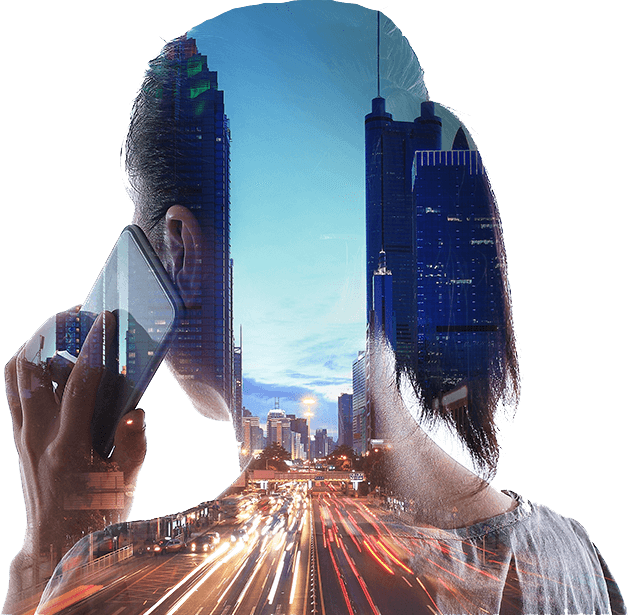
The pact is also a very powerful tool in helping parents create a new norm in their school or local area as more and more parents sign up over time. Parents often worry about taking action alone. Will my child be isolated from peers? Or the only one not on Snapchat, or not in a group chat? Our approach is to move together. When you sign the Parent Pact, you’re saying “we’re in this together” to an entire community. And when schools and communities make a collective decision to delay—we all change the norm together. Suddenly, it’s not weird to be a kid without a smartphone. It’s just…normal.
See The Smartphone Free Childhood NZ Parent Pact here - https://www.smartphonefreechildhood.co.nz/parentpact
What we can do
Parents often want information about alternatives. Our website has some suggestions. Kids can still call and text using a basic phone (or ‘flip phone’’ or ‘dumb phone’) like the ones from Tone Down Tech (www.tonedowntech.co.nz). Video calls can happen on a tablet or computer - same function but without the 24/7, in-your-pocket distraction of a smartphone. GPS tracking disks and tiles are available that slot into a backpack or jacket pocket. Without judging parents, there is a question around whether a "safetyism" mindset (see ‘Anxious Generation’ by Jonathan Haidt) - the idea that children are unsafe unless they are constantly monitored - could create a deeper harm over time by tethering children to a device that affects their sense of self and reality.
A culture of courage - taking a smartphone back
So parents, come join us as we take shared action across Aotearoa for our tamariki and rangitahi.
- Visit our website.
- Sign the Parent Pact.Talk to your school.
- Become an ambassador. Because your child isn't the only one watching—and when we act together, they won’t be the only ones waiting for a smartphone either!

